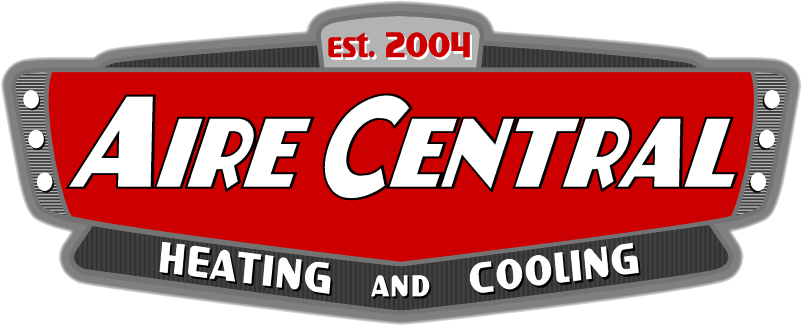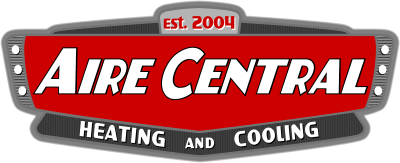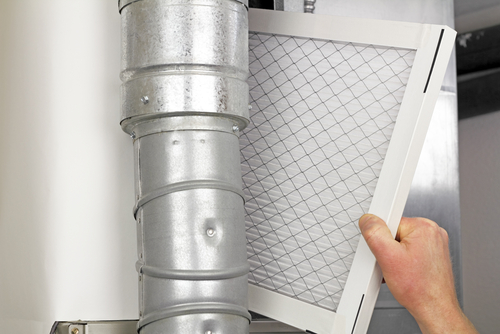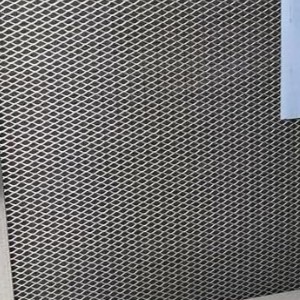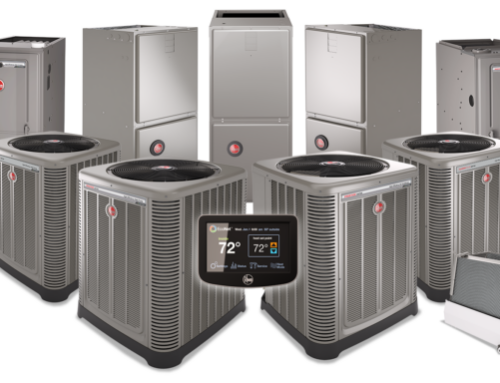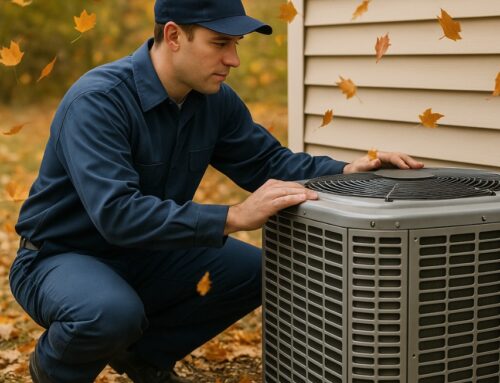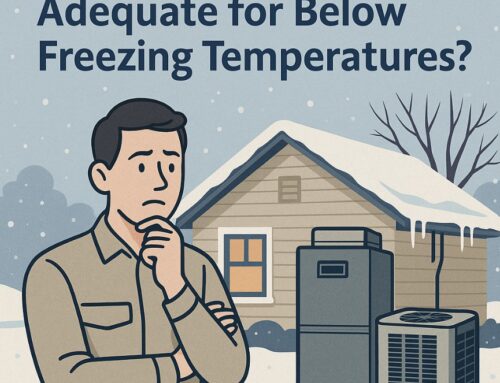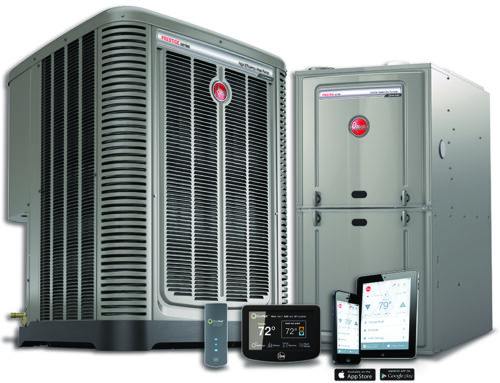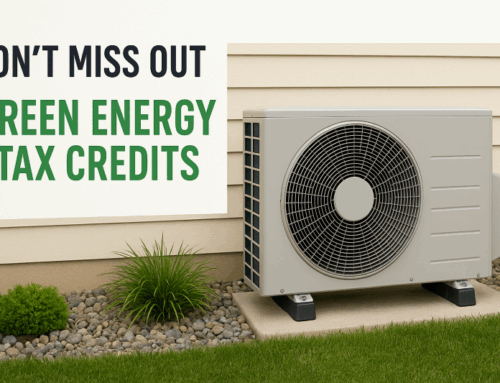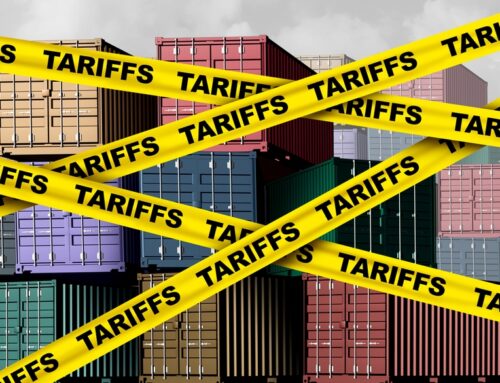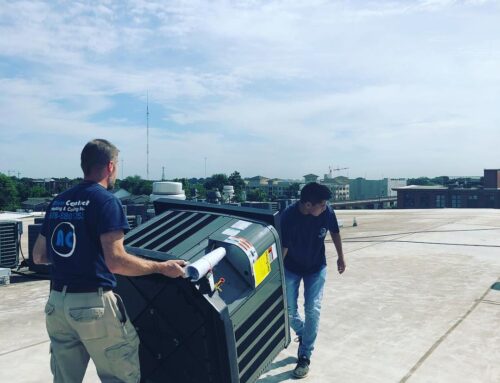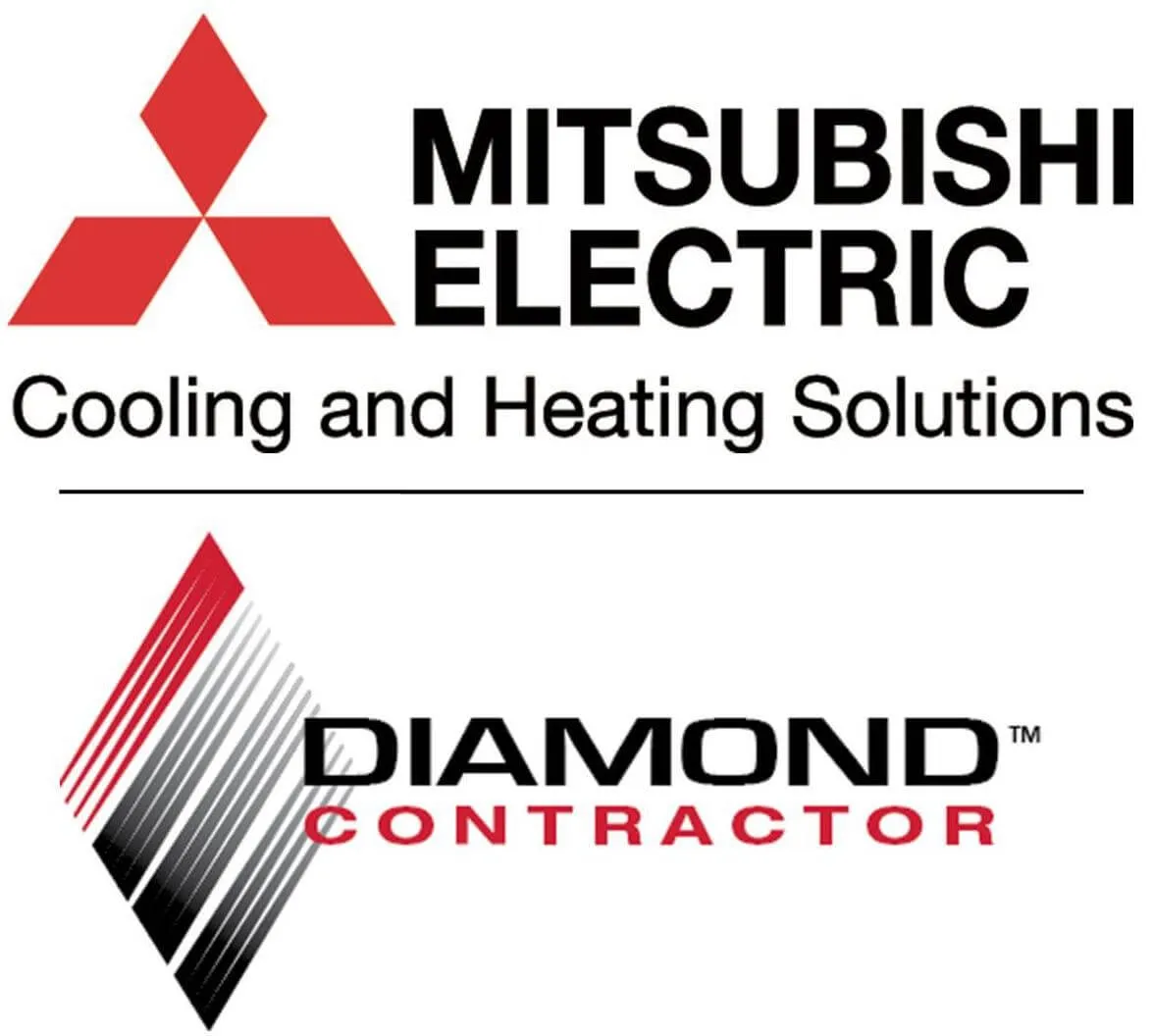A Guide to Furnace Filters: Finding the Right Fit
Your furnace is the heart of your home’s heating system, working hard to keep you comfortable year-round. But did you know that the type of furnace filter you choose can impact not only your indoor air quality but also the efficiency of your furnace? Many Lawrenceville, Georgia, homeowners wonder which filter to choose—and why the most expensive one might not always be the best. This guide will walk you through the different types of furnace filters and help you make the best decision for your home.
Why Do Furnace Filters Matter?
Furnace filters perform a simple but crucial task. They trap dust, pollen, pet dander, and other airborne particles, keeping your HVAC system running efficiently and keeping indoor air cleaner. While this may seem straightforward, the type of filter you use can have varying impacts on airflow, energy usage, and air quality.
Types of Furnace Filters
There are several types of furnace filters available, and each comes with its own pros and cons. Here’s a breakdown of the most common options homeowners in Lawrenceville, Georgia, encounter when shopping for furnace filters.
Fiberglass/Synthetic Filters
Pros: Fiberglass filters are the most affordable and widely available option. They do a basic job of capturing larger particles like dust and lint, making them a good choice for homes without many allergens.
Cons: Their lower filtration efficiency means they don’t trap smaller particles like pollen or pet dander. If you’re concerned about air quality, you might want to consider another option.
Best for: Homeowners looking for an inexpensive, short-term solution or those with minimal air quality concerns.
Polyester Filters
Pros: Polyester filters are a step up from fiberglass in terms of efficiency. They capture smaller particles, improving air quality for homes with pets or light allergy issues.
Cons: They cost more than fiberglass filters and may need to be replaced more frequently.
Best for: Those seeking a balance between cost and filtration quality.
Electrostatic Filters
Pros: These filters use static electricity to attract and trap particles. Reusable electrostatic models are also available, making them an eco-friendly option.
Cons: While effective, electrostatic filters can restrict airflow if your HVAC system isn’t designed to accommodate them, making it work harder.
Best for: Allergy sufferers or anyone looking for a reusable option. Be sure to consult an HVAC professional to ensure compatibility with your system.
Pleated Filters
Pros: Pleated filters, made of polyester or cotton, offer a higher surface area for filtration. They are excellent at capturing smaller particles like mold spores, pollen, and dust mites.
Cons: They are more expensive than basic filters and can restrict airflow, especially if changed infrequently.
Best for: Homes with pets or allergy concerns—just remember to monitor airflow and replace them regularly.
HEPA Filters
Pros: HEPA (High-Efficiency Particulate Air) filters are the gold standard for air quality, capturing 99.97% of airborne particles. They’re great for homes with severe allergens or health concerns.
Cons: HEPA filters are expensive and can put a significant strain on standard HVAC systems, potentially leading to higher energy bills or system wear if your furnace isn’t built to handle them.
Best for: Highly specialized use cases, such as homes with individuals who have severe asthma or allergies. Most homeowners may find them unnecessary.
Why the Most Expensive Filter Isn’t Always the Best
It’s tempting to purchase the most expensive filter, thinking it will deliver the best results. While premium options like HEPA filters or high-MERV-rated pleated filters excel at trapping particles, they may not always be the right choice for your home.
Here’s why:
- Airflow Restrictions: High-efficiency filters can significantly restrict airflow, forcing your furnace to work harder to push air through. This can lead to higher energy bills and even reduce the lifespan of your system.
- Compatibility Issues: Not all HVAC systems are designed to handle the demands of high-efficiency filters, resulting in reduced performance or costly repairs.
- Unnecessary Filtration: If your home doesn’t have significant allergens or pollution concerns, you might not need the advanced filtration offered by higher-end filters. A mid-range option may suffice.
How to Choose Your Furnace Filter
When selecting a furnace filter for your home in Lawrenceville, consider the following factors to make the best choice for your needs and budget:
- Know Your System: Check your furnace’s specifications or consult your HVAC technician to ensure your chosen filter is compatible with your system.
- Evaluate Air Quality Needs: Do you have pets? Any family members with allergies? If so, a higher-quality filter might be worth the investment.
- Balance Filtration with Efficiency: Look for a filter that offers sufficient filtration without overly restricting airflow. Filters with a MERV (Minimum Efficiency Reporting Value) rating between 8 and 13 are generally a good starting point.
- Stick to a Maintenance Schedule: Regardless of the type of filter you choose, replacing it regularly is essential for maintaining efficiency and air quality.
Final Thoughts
Choosing the right furnace filter is less about picking the most expensive option and more about finding the right balance for your home’s needs. For Lawrenceville homeowners, understanding how filters impact both air quality and furnace performance is key to making an informed decision.
Need help figuring out which filter suits your furnace best? Call us for personalized recommendations. Clean air and an efficient furnace are just a filter change away!
